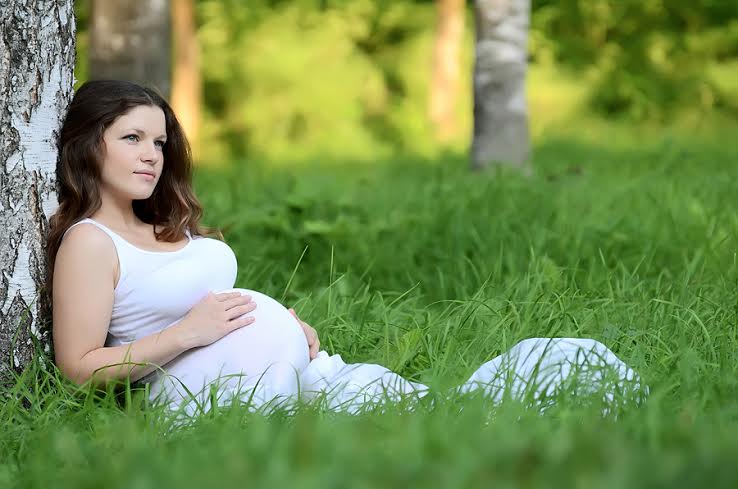Welcome to the pregnancy and baby guide. Am I pregnant? What should I be eating? Is it normal to be this tired? Whatever you want to know about getting pregnant, being pregnant or caring for your new baby, you should find it here.
Top 10 question on common pregnancy period factors
There are more than 200 easy-to-read pages, detailed week-by-week guides and lots of expert videos, parents' tips and interactive tools to explore.
Can I get pregnant just after my period has finished?
Yes, although it is not very likely. If you have sex without using contraception, you can conceive (get pregnant) at any time during your menstrual cycle, even during, or just after, your period.
You can also get pregnant if you have never had a period before, during your first period, or after the first time you have sex.
There is no "safe" time of the month, when you can have sex without contraception and not risk becoming pregnant. However, there are times in your menstrual cycle when you are at your most fertile, and this is when you are most likely to conceive.
Understanding your menstrual cycle
Your menstrual cycle begins on the first day of your period and continues up to the first day of your next period. You are most fertile at the time of ovulation, (when an egg is released from your ovaries) which usually occurs 12-14 days before your next period starts. This is the time of the month when you are most likely to get pregnant.
It is unlikely that you will get pregnant just after your period, although it can happen. It is important to remember that sperm can sometimes survive in the body for up to seven days after you have sex. This means that it may be possible to get pregnant soon after your period finishes if you ovulate early, especially if you have a naturally short menstrual cycle.
Can you get pregnant a few days before ovulation?
You can get pregnant if you have sex up to 5 days before you ovulate or up to 24 hours after you ovulate. However, not everyone ovulates on day 14, so it's tough to tell when you ovulate unless you use ovulation predictors and chart your temperature to confirm that you did ovulate.
When do we get pregnant?
There are only six days during any cycle when a woman can get pregnant - the five days leading up to ovulation and the 24 hours after ovulation. This is because sperm can live for up to 5 days in a woman's body, and the ovum lives for only 12-24 hours.
How long can sperm survive in womb?
Sperm can live for up to seven days inside a woman's body. So if you've had sex in the days before ovulation, the sperm will have had time to travel up the fallopian tubes to "wait" for the egg to be released.
You're ready to have a baby! Now what? Trying to conceive can be exciting and fun, but it can also be frustrating. Being in tune with your body can greatly increase your chances of becoming pregnant.


